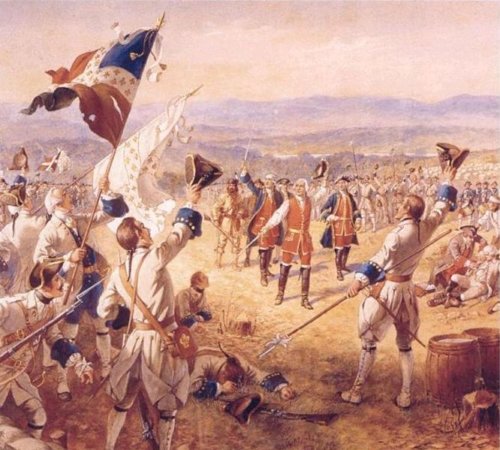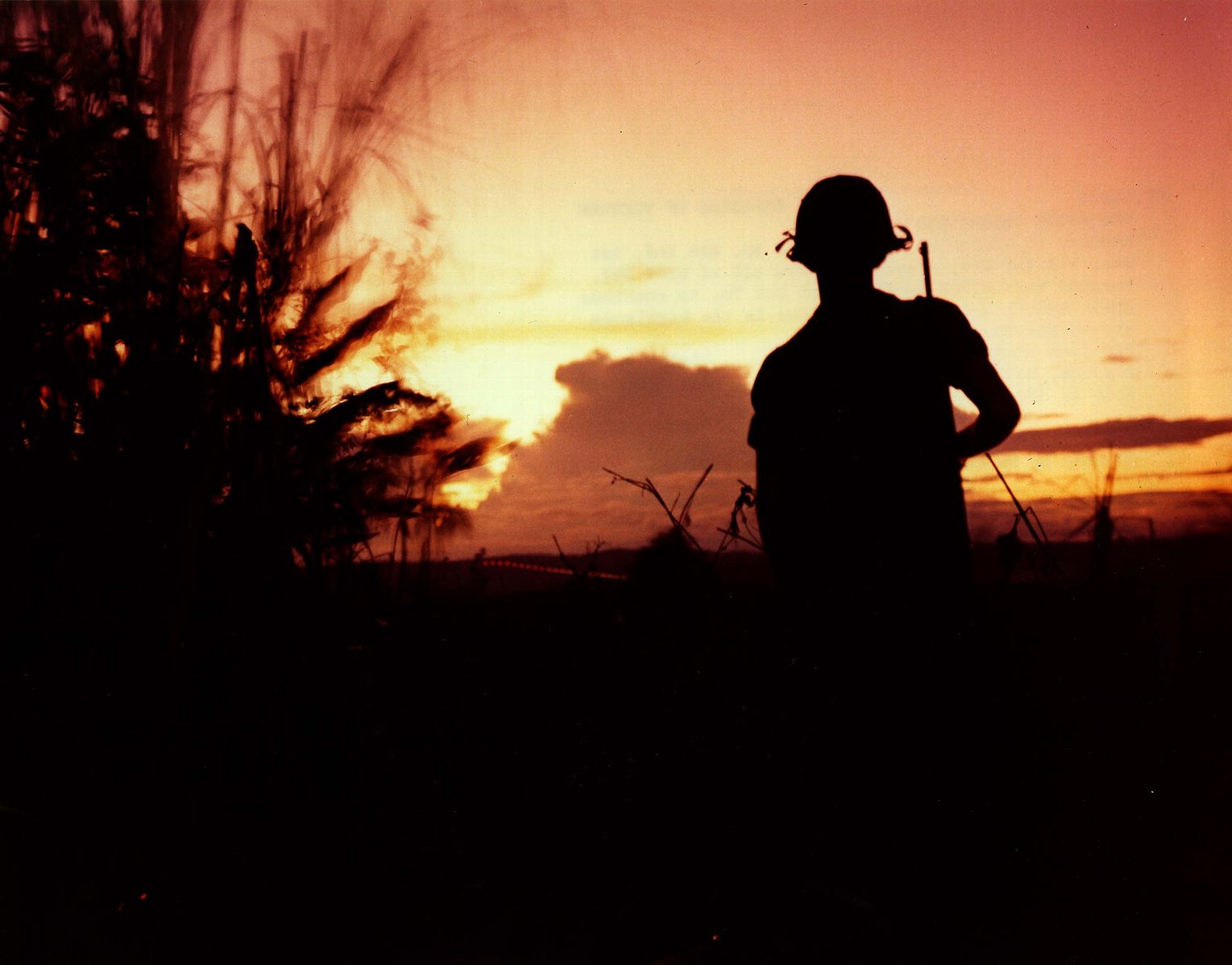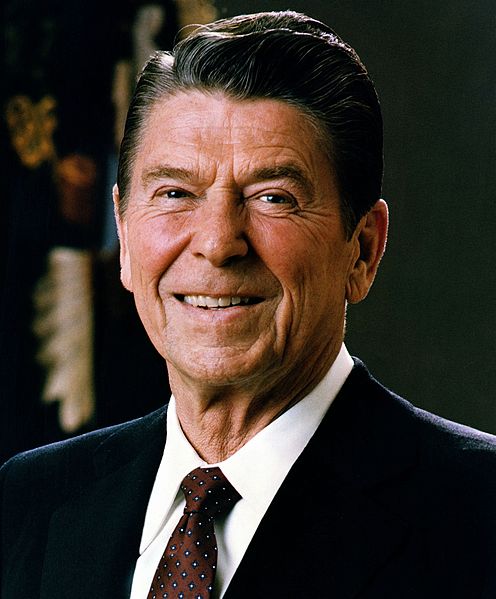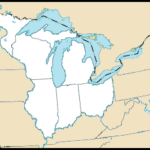
While colonizing America, the British stayed mainly along the coast whereas the French headed further inland. The British sent families who built farms and towns. The French mainly sent single men who worked in the fur trade industry. They lived with, traded with, and married Indians. It’s no wonder that they turned to them for help in the French and Indian War. As you review French and Indian War APUSH topics for the exam, here are some things to know.
What Was the French and Indian War?
The French and Indian War was fought between the French and British. Although the war started in America, it moved to Europe and became part of the Seven Years’ War.
During the French and Indian War, the British hoped to stop French expansion on the American continent. Both countries fought for control of the Ohio Valley and Canada.
The British received help from the Iroquois nation. And, the French received help from the Mohawk and Algonquin Indians.
The war ended when the British captured Quebec and Montreal.
Years
1754-1763
Why Is It Important to Know?
Simply put, the French and Indian War led to the Revolutionary War. At the end of the war, France gave the British all their land in the Americas. This made Britain the sole authority over the colonies.
Before the French and Indian War, Britain practiced salutary neglect, meaning they pretty much left the colonies alone to govern themselves. After the war, however, Britain practiced a hands-on approach with the colonists. They even heavily taxed them to help pay off their debts from the war.
These actions caused tensions to increase between Britain and the colonists. Eventually, the colonists wanted independence, which led to the Revolutionary War.
People
Events
Practice Question 1
1. After the British victory in the French and Indian War, all the following happened EXCEPT:
a. The French gave up all control of their lands on the American continent.
b. The British taxed the colonists to pay off their debts from the war.
c. Colonists no longer experienced salutary neglect from Britain.
d. The British Empire became the sole owners of property on the American continent.
Answer: D. As part of the Treaty of Paris, the French gave all their land on the American continent to Britain. The British decided to play a more active role over the colonists. Unfortunately, this included taxing the colonists to pay for the war.
Although the French gave up lands that they owned, they actually gave Spain the Louisiana territory. This was in exchange for Florida, which Spain had to give to the British in the Treaty of Paris.
Practice Question 2
2. What was the result of the Proclamation of 1763?
a. It called for fighting to end in the French and Indian War.
b. Colonists continued to settle on the native’s land.
c. It forced France and Spain to give up their American territories.
d. American colonists were forced to pay taxes and join the British army.
Answer: B. The British signed the Proclamation of 1763 to appease the Indian tribes. However, since it promised that settlers would refrain from moving onto their lands east of the Appalachian Mountains, it angered colonists. Many colonists continued to move onto this land and settle wherever they wanted.
Practice DBQ
How did the French and Indian War affect the relationship between the British and American colonists?
Answer: The APUSH exam asked a similar question a few years ago. If you have a similar question, you should note some of the following things that affected the relationship between the British and American colonists:
One of the most important things to note on French and Indian War APUSH questions is that it led to bitter feelings between the colonists and Britain. The tension continued to build until the colonists determined to seek independence from Britain.
Happy studying!





Leave a Reply